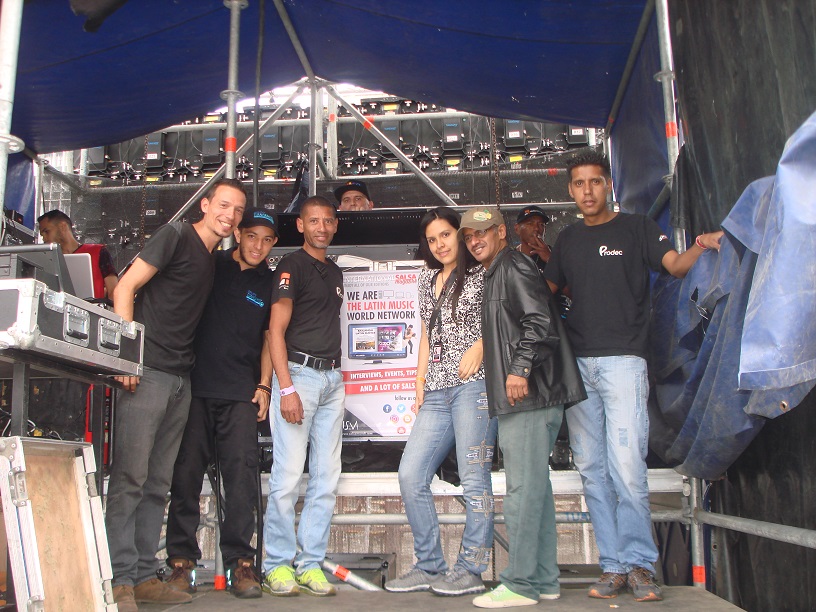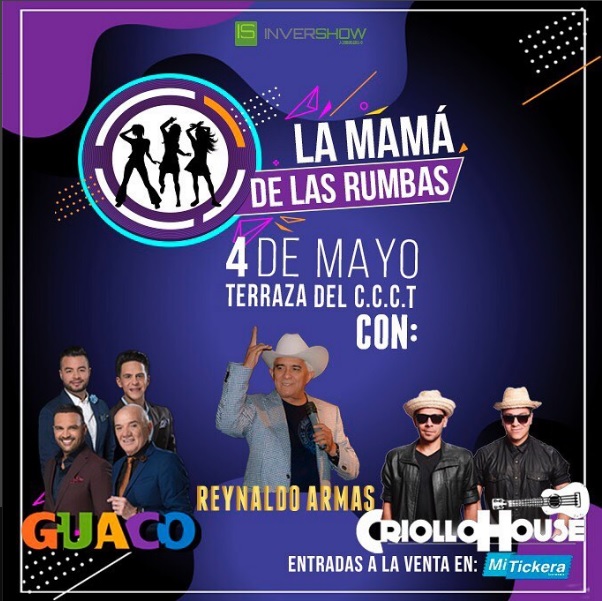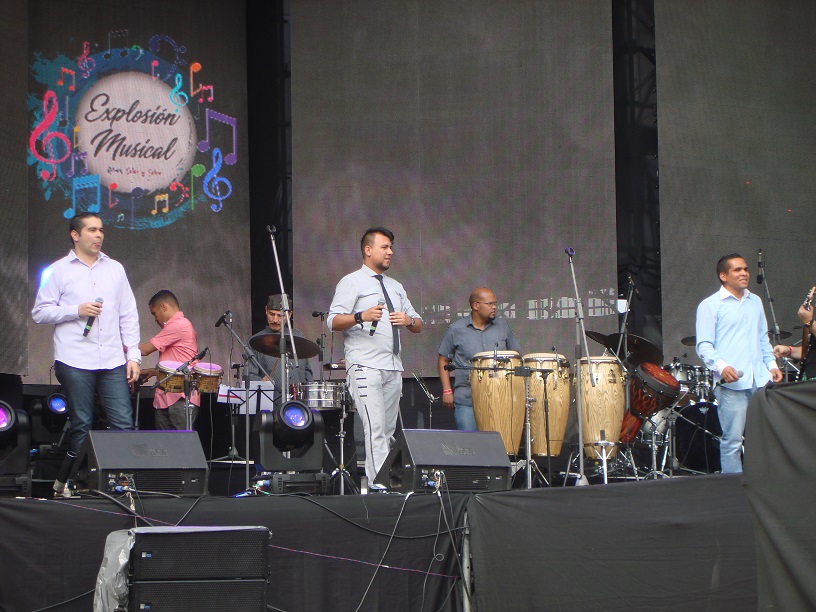Latin America / Argentina / Buenos Aire
We have the opportunity to meet the dancer and teacher Yasser Peralta, who is dedicated to teaching Son and Rumba in the Cuban style, being something very striking due to the naturalness of his classes and we can believe that it is because his Cuban blood flows through his veins, giving the essence and flavor to the dance. He tells us that the development of his profession as a dancer and instructor began when he was little, since he was dedicated to dancing at parties, being a very common characteristic for most Cubans.

When he moved to Argentina, that did not stop him and in order to maintain his firm roots in his native land and to have his beloved culture very close, he went dancing, where he took advantage of every trip to Cuba to take classes, of which he was with:
- Julia Fernández Regisseur of the National Folkloric Ensemble.
- The Aspirins: Rumberos majors of Regla.
- Luis Roblejo, professor of Modern Cuban Dance.

He tells us that he not only took classes, he also took training courses in both Cuba and Argentina; in Cuba he was in Cubadanza and in FolkCuba. In Argentina he was with two great dance masters of various genres and musical styles including the Cuban style such as the Mambo in 2 L.A. styles. All this made him increase his knowledge and resume of his musical career, being expanded by studying music, where he learned to play piano, guitar and percussion. And over time he began to organize events through his production company “AhíNaMá!”.
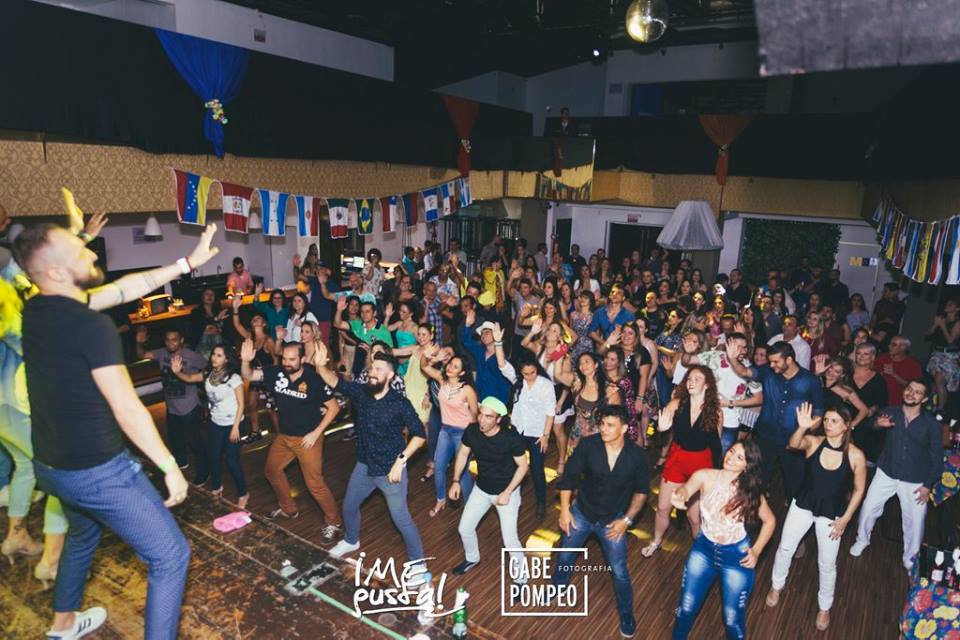
Of all his life journey, he tells us that “it was not only learning and having a profession, he enjoys dancing and teaching the genres of popular Cuban roots such as Afro-Cuban dances, Son and Rumba, because I understand that you have to go to the basis to better interpret current Cuban music…
On the other hand, I am from the Timba generation and I apply all of the above”, that is, dancing and teaching Cuban popular root genres are 2 of the things that I enjoy a lot, especially since In the future, he sees the possibility of traveling to, meanwhile, dedicate himself more to the production of cultural events of these Latin genres.
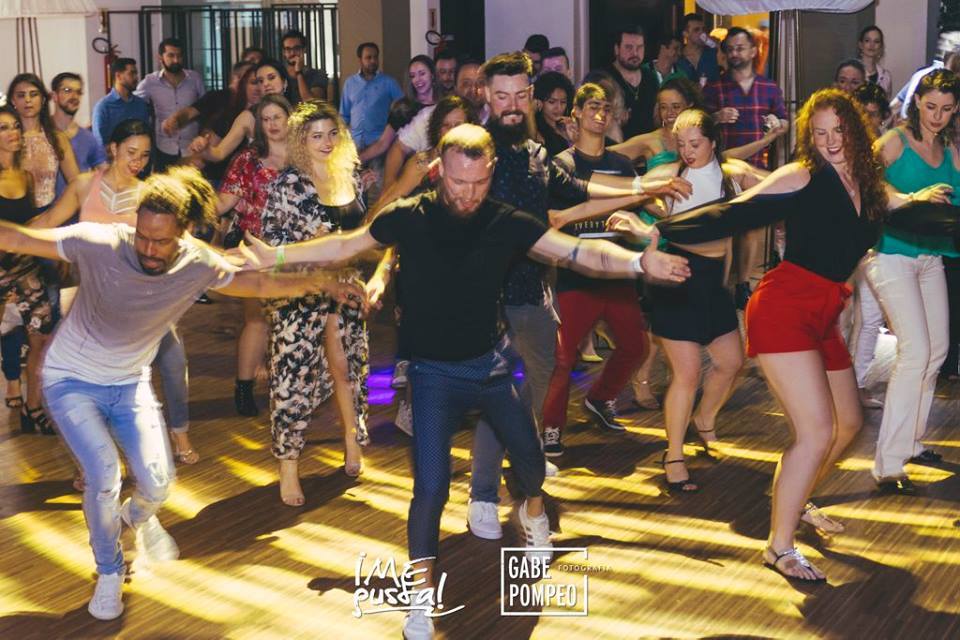
Yasser tells us that he has an event production company called “AhíNaMá!” where they hold workshops and teach at other academies:
| La Viruta | AhíNaMá! | Vibra Dance |
| Tuesday: 20.30hs. $140
Thursday: 20.30hs $150 |
Wednesday: en Feeling 21.30hs más baile Social $120 | Friday: 21.30hs más baile Social $150 |
Yasser expresses himself to all of us and above all recommends that lovers of Latin rhythms, whether they are dancers or artists who want to expand in the artistic area, “open your studio to other genres, other styles.” “Everything nourishes and gives resources to personal dance and there is nothing more difficult (but sublime) than achieving one’s own style; especially that they study the music they dance to, understand its structure and the “root” sub-genres that make it up. That is what makes the detail, and the difference is in the detail”.

For more information:
- Class:
- Cuban Style : https://m.facebook.com/story.php?story_fbid=822097507972681&id=402506703265099
- AhíNaMá en Feeling: https://m.facebook.com/story.php?story_fbid=877213132439763&id=739677559526655
- Son: https://m.facebook.com/story.php?story_fbid=886905821470494&id=739677559526655
- Rumba: https://youtu.be/BiTCxVsVeag
- Musicality: https://youtu.be/ypUe_CYHRfk
- La Viruta: https://m.facebook.com/story.php?story_fbid=809590925890006&id=402506703265099
- Vibra: https://youtu.be/yRo9ZI1D1r0
